By Louis ‘Barok‘ C. Biraogo
The air is thick with anticipation as the saga of former Congressman Arnolfo Teves unfolds, his fate teetering on the edge of an international legal precipice. Under house arrest in Timor Leste, Teves’s predicament brings to mind a classic narrative of justice grappling with the wiles of political machination. The Department of Justice (DOJ) of the Philippines and Teves’s own legal counsel have confirmed his current confinement, a status that veils the former lawmaker in a cloak of guarded liberty.
Justice Undersecretary Raul Vasquez announced the news with a resolute tone, underlining that regardless of Teves’s location, he remains under the strict surveillance of Timorese police. This development came swiftly after Teves’s release from Becora Prison, where a single court hearing determined that the risk of his flight did not necessitate further incarceration. Instead, he now roams the confines of his home, monitored by the Policia Nacional de Timor Leste (PNTL), awaiting the next turn of the judicial wheel.
Amidst this tension, Teves’s lawyer, Ferdinand Topacio, paints a picture of constrained freedom. Teves is permitted limited movement within his home and may leave only under stringent conditions for court-approved necessities, such as medical visits. The shadows of the Pamplona Massacre loom large over this arrangement. Teves faces charges for the brutal 2023 murder of Negros Oriental Governor Roel Degamo and nine others, a crime that sent shockwaves through the nation and left an indelible stain on its political landscape.
Yet, in a brazen attempt to evade the clutches of justice, Teves clings to the assertion that he is a victim of political persecution. This claim, echoing hollowly through the corridors of legal precedent, smacks of a desperate maneuver to divert attention from the gravity of his alleged crimes. History provides us with stark reminders of similar ploys, where accused individuals sought refuge in the shadows of political victimhood only to be unmasked by the relentless pursuit of truth.
Take, for instance, the case of former Panamanian leader Manuel Noriega, who attempted to shroud his drug trafficking charges under the guise of political conspiracy. His downfall was a testament to the international community’s unwavering commitment to justice. Likewise, the extradition of Chilean dictator Augusto Pinochet from the UK, despite his claims of political persecution, underscored a global consensus that justice must prevail over political smokescreens.
Teves’s attempt to wrap himself in the mantle of political persecution not only insults the victims of the Pamplona Massacre but also undermines the legitimate struggles of those who have genuinely suffered under oppressive regimes. His narrative is a cynical exploitation of a trope that should be reserved for true martyrs of political injustice, not for individuals accused of orchestrating heinous crimes.
In light of this, the international community and the courts of Timor Leste face a pivotal moment. The call for justice must ring louder than the hollow cries of persecution. The Philippines’ request for Teves’s extradition should be met with due diligence and an unyielding commitment to the rule of law. The victims of the Pamplona Massacre, their families, and the citizens of Negros Oriental deserve closure, not obfuscation.
It is imperative that Teves be brought back to the Philippines to face the charges laid against him. This is not merely about one man’s fate but about reaffirming the principles of justice and accountability. The precedent set here will resonate far beyond the borders of Timor Leste and the Philippines, sending a clear message that those who seek to escape justice under the guise of political persecution will find no refuge.
In the end, the pursuit of justice must remain steadfast, cutting through the veils of deception and manipulation. Teves’s assertion of persecution is a feeble attempt to escape the gravity of his alleged crimes. The world watches with bated breath as the courts of Timor Leste deliberate, hoping that they will stand firm and ensure that justice, long overdue, is finally served.

- Pagtataguyod ng Healthcare: Si Vargas, Herbosa, at ang Bagong Masterplan

- A New Dawn for Justice: Supreme Court’s Bold Move Against Judicial Corruption

- A Political Tug-of-War: The Battle for Opposition Leadership in the Philippines

- PNP Chief’s Directive Against Illegal POGOs: An Analysis

- Axes and Ambiguity: China’s Dangerous Tactic in Territorial Disputes

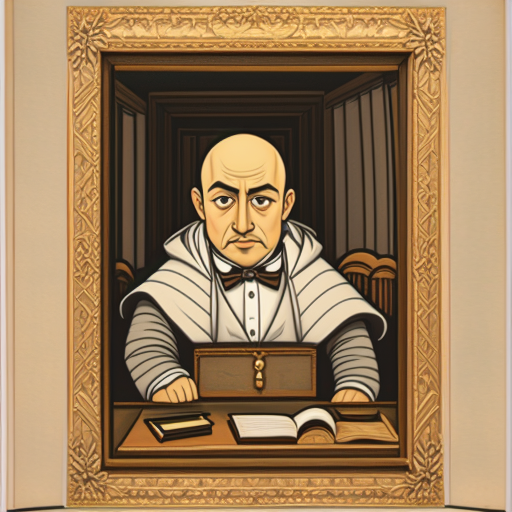
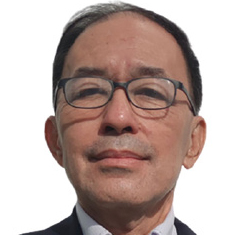

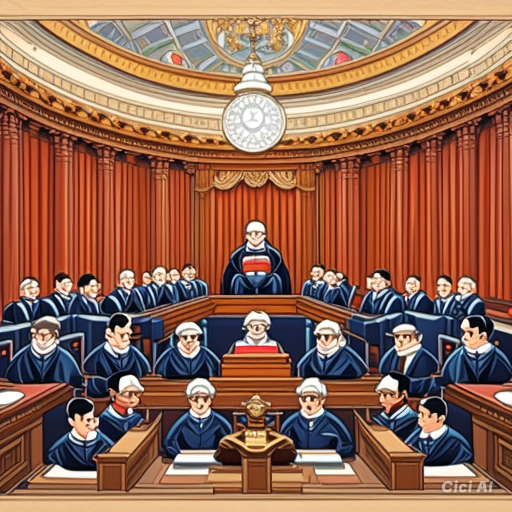

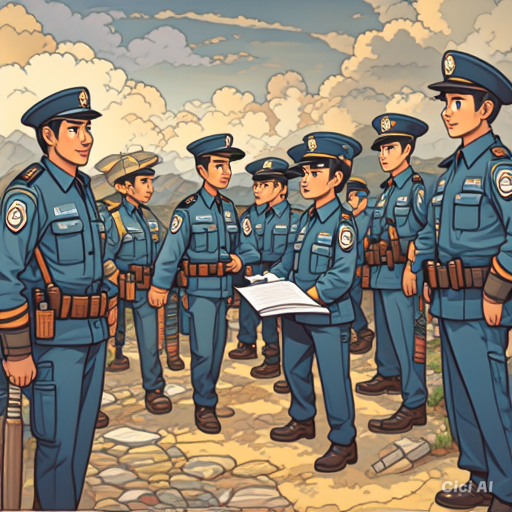

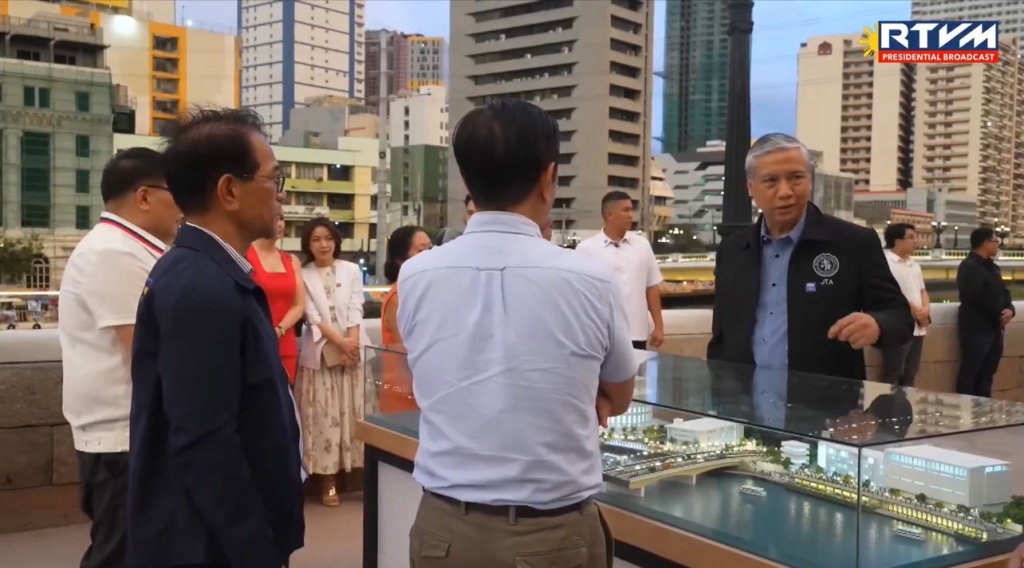
Leave a comment